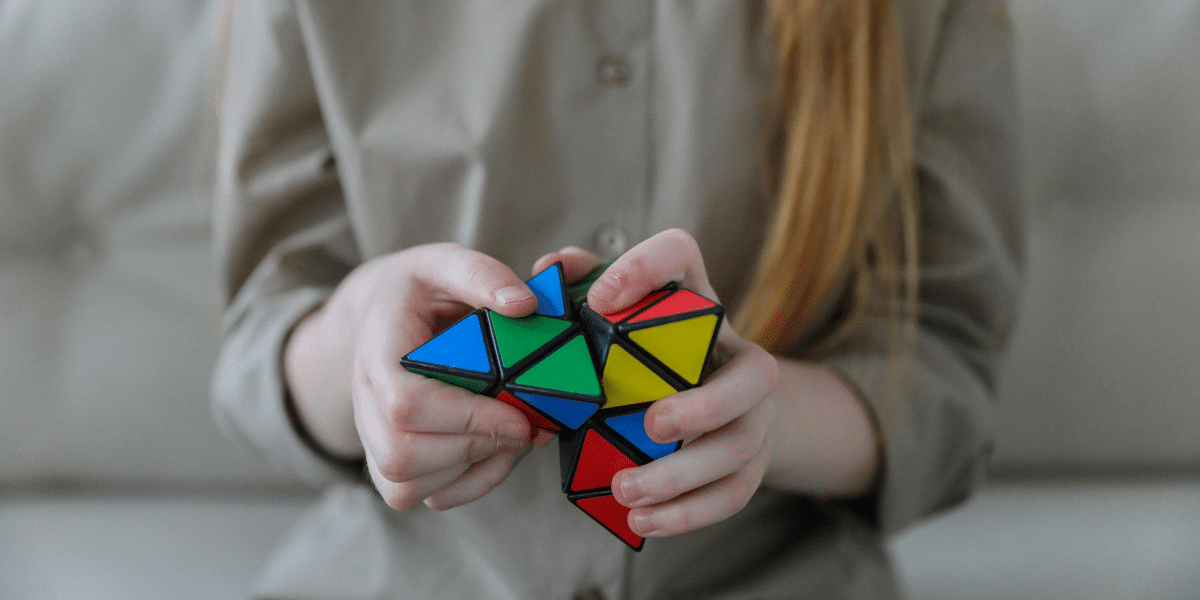By: Chiara Accardi
Puzzle Games’ Potential for Mental Sharpening
In today’s fast-paced, digital world, where distractions are ubiquitous, and attention spans are increasingly shorter, engaging in activities that improve cognitive agility is more crucial than ever. Although puzzle games are frequently dismissed as merely for fun, they can help enhance cognitive function and mental clarity. Players must outwit and outplay their rivals in the traditional card game of hearts. It is one example of a game that has endured across time. However, what if you could increase Hearts’ cognitive advantages by adding strategic components frequently seen in brain-training games? This essay explores how playing Hearts strategically can significantly improve cognitive agility. We’ll walk you through a challenge-focused strategy for playing Hearts while providing tips and tricks for steadily raising your score, defeating records, and sharpening your reasoning.
The Hearts’ Strategic Foundations: Creating the Conditions for Cognitive Development
It’s crucial first to comprehend the fundamental guidelines and tactics of the game to appreciate how Hearts can improve cognitive agility fully. In the trick-taking game of Hearts, four players usually compete to keep their points from rising unless they use the audacious “Shoot the Moon” tactic. Dealing cards is the first step in the game. Next, players pass three cards to an opponent to start the strategic play. In Hearts, the difficulty is not only in the draw; it also involves meticulous planning and reading opponent movements. Players must plan several steps and weigh the possible consequences of each move.
Card tracking, or keeping track of which cards have been played and are still in play, is an essential tactic in Hearts. This calls for a keen recall and meticulous attention to detail, abilities refined by solving complex problems in various brain-training games. Players must also be skilled at risk management, knowing when to take and avoid tricks while always considering the ultimate objective of lowering their score. Hearts is more than just a game because of its strategic depth; it’s a mental workout that can significantly increase cognitive agility when played with the correct attitude.
Advanced Techniques: Improving Reasoned Thinking and Making Decisions
It’s time to explore more complex Hearts methods that will enable you to constantly outperform your rivals once you have a firm grasp of the fundamentals. One such strategy is the skill of “baiting” opponents—playing a card that entices them to accept an unfavorable trick. This tactic, like completing challenging puzzles in a brain-training game, necessitates a thorough grasp of your opponent’s patterns and the capacity to forecast their reactions. Baiting involves more than simply the cards you use; it also consists of the order and setting in which you use them.
Using your hands to your advantage is another sophisticated tactic. The game’s outcome can significantly vary depending on when to discard and hold onto high-value cards. This is similar to the problem-solving abilities needed in strategic puzzle games, where players must make snap decisions and prioritize activities. Players can hone their logical reasoning and decision-making skills—crucial in Heart and daily life—by practicing these sophisticated methods.
Try using these techniques in various gaming scenarios to improve cognitive agility further. Engaging in online cardiac games against varying AI levels can replicate a variety of problems, so compelling the brain to adjust and enhance its tactics, ultimately resulting in improved cognitive flexibility.
The Mental Aspect: Developing Concentration and Resilience
Hearts have many psychological advantages in addition to its tactical and rational advantages. The game demands excellent focus and concentration, especially during its more complicated stages. Focusing on this level for several rounds can develop resilience and mental endurance, two essential elements of cognitive agility.
Hearts also teaches players how to deal with failures, an essential life skill. You will frequently find yourself in a situation where you have more points than you would have liked or an opponent has successfully used a “Shoot the Moon” tactic. It matters how you handle these setbacks. Learning to remain composed, evaluate the circumstances, and modify your approach appropriately is similar to tackling puzzles in video games, where persistence and flexibility are essential for conquering difficult obstacles.
Hearts can also aid in enhancing emotional control. The erratic nature of the game frequently causes dissatisfaction, mainly when unforeseen events occur. But, controlling this annoyance and maintaining your attention on the prize can help you develop emotional regulation, which is essential to cognitive agility. Players can improve their Hearts skills and increase their resilience to life’s obstacles by practicing these psychological aspects of the game.
Use in Practice: Including Puzzle Games and Hearts in Your Daily Routine
After learning how Hearts may improve cognitive agility through psychological resilience, strategic gameplay, and sophisticated tactics, the next step is to incorporate this exercise into your routine. Playing games like A Clockwork Brain daily can help you sharpen your mind, while playing Hearts consistently can result in quantifiable gains in cognitive performance.
To begin, schedule some time each day to play a few Hearts games against AI opponents or with friends. Applying this essay’s techniques and psychological concepts should be your main priority. As you play, observe how you do, especially regarding decision-making accuracy, quickness, and emotional control. Your gaming in Hearts and other aspects of your life that call for fast thinking and careful strategy will improve with time.
Consider regularly playing A Clockwork Brain or other puzzle games in addition to your Hearts practice to maximize the cognitive benefits. These games’ challenges enhance the abilities gained in Hearts, offering a comprehensive mental exercise that focuses on several facets of cognitive agility. By including both exercises in your routine, you can develop a solid mental training program to keep your mind alert and ready for any challenge.
In conclusion, puzzle games and hearts work together to enhance cognitive performance.
To sum up, Hearts is a valuable tool for improving cognitive agility and goes beyond just being a simple card game. When played with a strategic perspective and an eye on continual progress, hearts can aid players in developing critical mental abilities like reasoning, decision-making, and emotional fortitude. Regularly solving challenging puzzles serves as additional reinforcement for these abilities, resulting in a synergistic effect that enhances cognitive growth.
Whether you are an experienced Hearts player or a beginner, applying the tactics and ideas covered in this article to your games can significantly impact your cognitive abilities. You can fully utilize your mind and stay focused, alert, and prepared to face any obstacles in life by incorporating Hearts and brain-training activities into your everyday routine.
Published by: Holy Minoza


















